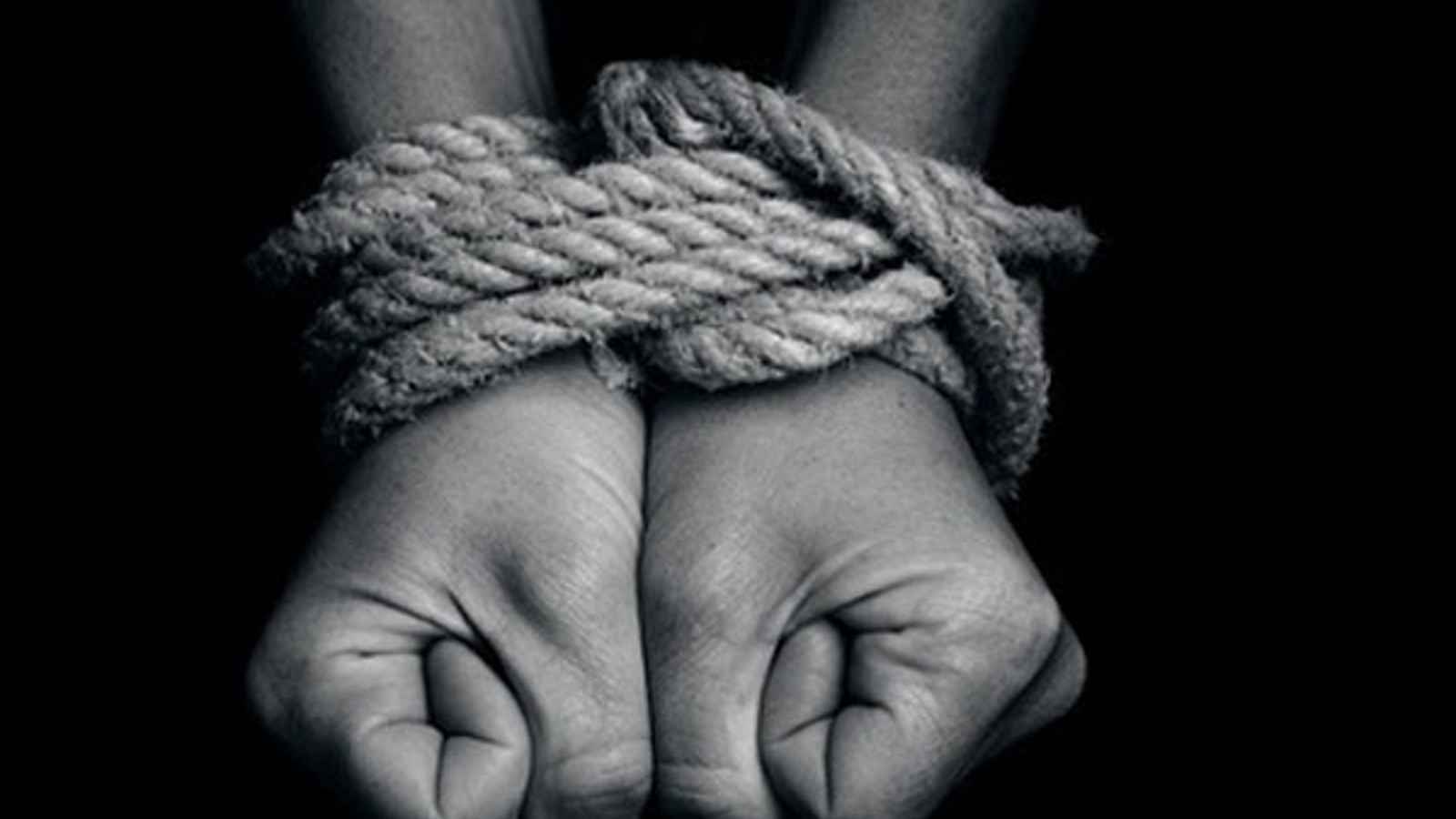The 22nd of August is Day of Remembrance of the Slave Trade and its Abolition. On this night in 1971, the people of Santo Domingo (today’s Haiti and the Dominican Republic) initiated an unprecedented uprising. The island’s slave population, which had been brutally oppressed for centuries, stood up and fought valiantly for their freedom and dignity against colonialism. From 1791 to 1804, the Haitian people inflicted tremendous losses on the French and British armies. Haiti’s independence from France in 1804 effectively ended the horrific transatlantic slave trade. The United Nations (U.N.) observes this day annually to honour their struggles and victories.
The background of Day for Remembrance of the Slave Trade and Its Abolition
The day was founded by the Haitian people, who fought valiantly against enslavement. Over the course of 400 years, 15 million Africans were subjected to the brutality of the institutionalised transatlantic slave trade. Thousands of men, women, and children were abducted and sold into servitude.
Since the advent of the Spanish in the 15th century, the history of the island of Haiti has been marked by conflict. Under inhumane conditions, European colonisers forced the indigenous Haitian population to mine for gold. New maladies from the outside world began to infect the island in large numbers. By the end of the 16th century, the island’s original inhabitants were nearly extinct due to the harsh conditions. The Spanish and, later, the French sent labourers from other Caribbean islands to continue the work, but they all met the same tragic end. By the end of the 17th century, the number of slaves in Haiti exceeded 5,000.
The majority of the slave population consisted of West Africans who laboured in French colonies. They toiled in the fields, as domestic help, and in the sugar mills. Some were so ambitious as to become slave owners in order to gain the approval of the Europeans. Everyone laboured exhausting hours and frequently perished from disease and starvation.
In the early 1790s, the Haitian Revolution was precipitated by decades of brutal bigotry. It occurred concurrently with the unrest caused by the French Revolution and the ongoing conflicts between European nations. On January 1, 1804, the island of Haiti achieved independence and abolished slavery. Every year on August 23, the United Nations observes a day of remembrance to honour those who perished defending their humanity and dignity.
5 HAITI FACTS THAT WILL BLOW YOUR MIND
The Haitian Revolution of 1790 was the world’s first successful slave revolt; it took America 65 years to catch up.
Voodoo is one of the only official religions in the world.
Despite the fact that slavery nearly wiped out the indigenous Taino, their art and heritage live on in cave paintings throughout Haiti.
The Haitian currency, Gourde, derives its name from the gourd plant, the island’s most important sustenance source.
Haiti is derived from the indigenous “Ayiti,” which signifies mountainous land.
DAY FOR REMEMBRANCE OF THE SLAVE TRADE AND ITS ABOLITION DATES
| Year | Date | Day |
|---|---|---|
| 2023 | August 23 | Wednesday |
| 2024 | August 23 | Friday |
| 2025 | August 23 | Saturday |
| 2026 | August 23 | Sunday |
| 2027 | August 23 | Monday |




